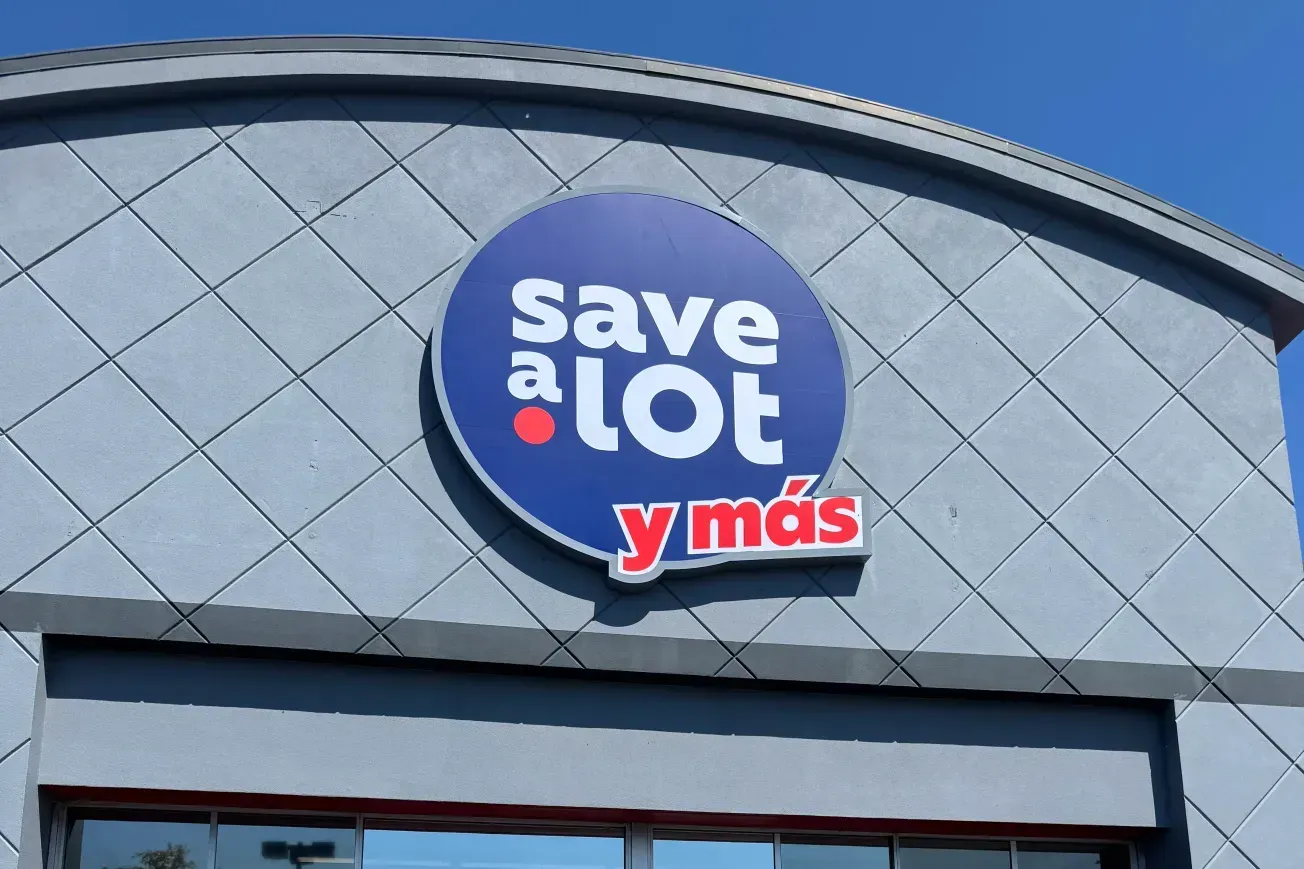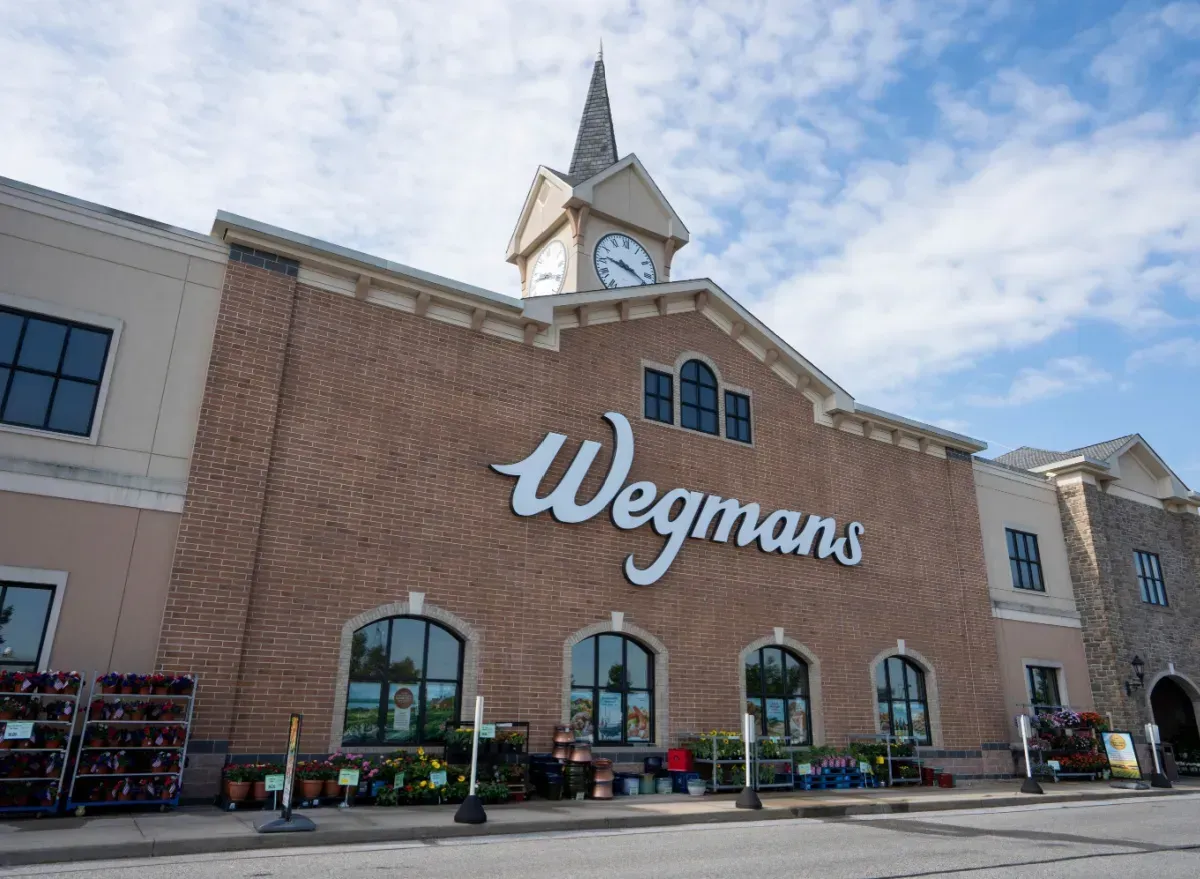Editor’s note: In the second part in their continuing series, Alice Wang and Ed Rowland examine the coronavirus impact on China’s Manufacturing sector. Much of China has come to a standstill but there are some inspirational stories as well. (Part one is available here.)
There’s a new gold in China: face masks. There’s also some magic going on.
3M, the Minnesota Mining and Manufacturing Company, was founded by five Americans in 1902 with one simple intention: mining corundum in Minnesota. They were not mining for gold or simply printing money. Almost 120 year later, the 3M N-95 facial mask is the equivalent of gold. Even senior Alibaba Health executives have been given a temporary assignment: source facial masks. Just buy masks. That is their No.1 priority.

Alice Wang
To be sure, China has long understood the value of its manufacturing sector. Indeed, global supply chains have impacted everywhere as factories have been shut. In the midst of the crisis, China has been able to add some oriental magic to its manufacturing base.
In February, over 1 billion Chinese people were transfixed by a unique online live “reality show.” In just 10 days, a new Wuhan hospital with over 1000 beds and a total floorage of 33,900 ㎡ was completed. Equally amazing is the story of Wuling Automobile, a vehicle manufacturing company that once made the cover of Forbes. Wuling transformed itself into medical mask producer after it was apparent that the Coronavirus was deadly serious and spreading in China. The transformation was dizzying in its speed. It only took 7 days to produce over 1million masks. Not satisfied, Wuling retooled another mask production line in 3 days. Two weeks later, Wuling was producing 2 million masks daily. Yes, daily. From a start of ZERO. Now China manufacturing accounts for about 50% of all global production.
To put this into perspective, Alex Azar, Secretary of HHS, recently mentioned that as the coronavirus breaks out in the United States, 300 million masks will be needed. China can now produce that number in 3 days.

Ed Rowland
While the immediate and swift Chinese retooling in response to the coronavirus is impressive, the global structure of trade has changed. We live in a connected world. Twenty years ago, about 70% of the global trade was in finished products. Now the situation is completely different with about 70% in semi-finished products. Globalization has transformed our world; we source as part of the manufacturing process and don’t buy finished products. China is a driving force of international trade and once the epidemic spread across the country, the consequences were and still are revealing.
Apple mobile phone shipments are down 10%. Facebook is suspending all latest edition Oculus Quest VR orders. India is purchasing mobile parts globally to minimize damage to its mobile phone industry. Global oil has dropped by 20% and oil and natural gas refinery production and coal mining have decelerated.
The Coronavirus has caused a start to a deeper re-evaluation of global and specifically US-China, interconnectivity. On Jan 30, US Commerce Secretary Wilbur Ross said Coronavirus may help bring back jobs to US. Is global manufacturing a zero-sum game?
The present crisis has initiated a deep introspective look at the past, present and future of American and Chinese labor in a rapidly evolving globalized economy. It is hard to tell whether it is a triumph of cooperation or a joint contribution to the construction of a Tower of Babel.
Perhaps the 92nd Academy Award Oscar for Best Documentary “American Factory” at -offers some answers. In 2008, GM’s Dayton, Ohio Moran assembly plant closed. In 2014, Fuyao Glass from China acquired this plant and started a new chapter. The documentary tells the bumpy integration process of the two cultures. It is a poignant story about work, family and manufacturing workers striving for their rights, dignity and quality of life. The difficult challenge is to understand if Fuyao is simply “China manufacturing or America” or the triumph of cooperation and global manufacturing.
As China looks at the manufacturing lessons learned (and the learning is ongoing) during this global epidemic, several points are becoming clear:
- Manufacturing enterprises must pay more attention to HSE (Health, Safety and Environment). Employees are a core element and irreplaceable.
- Manufacturers will continue and undoubtedly accelerate intelligent manufacturing. Intelligent factories are less dependent on workers.
- Digitalization of Manufacturing will be further embraced by more enterprises, with more emphasis on BI, big data and AI technology.
Meanwhile, perhaps some of the Chinese magic at the Wuling plant will enable all of us to purchase a mask at a reasonable price.
Alice Wang is a consumer healthcare professional with deep knowledge of the Chinese e-commerce, the world’s largest internet market. Her team provide clients up-to-the-minute information on the Chinese E-commerce market, and customized service to the world’s largest market.
Ed Rowland is the principal of Rowland Global LLC (www.rowland-global.com) and believes in the promise of global business and supports companies in their strategy, tactics and execution of international growth initiatives.






